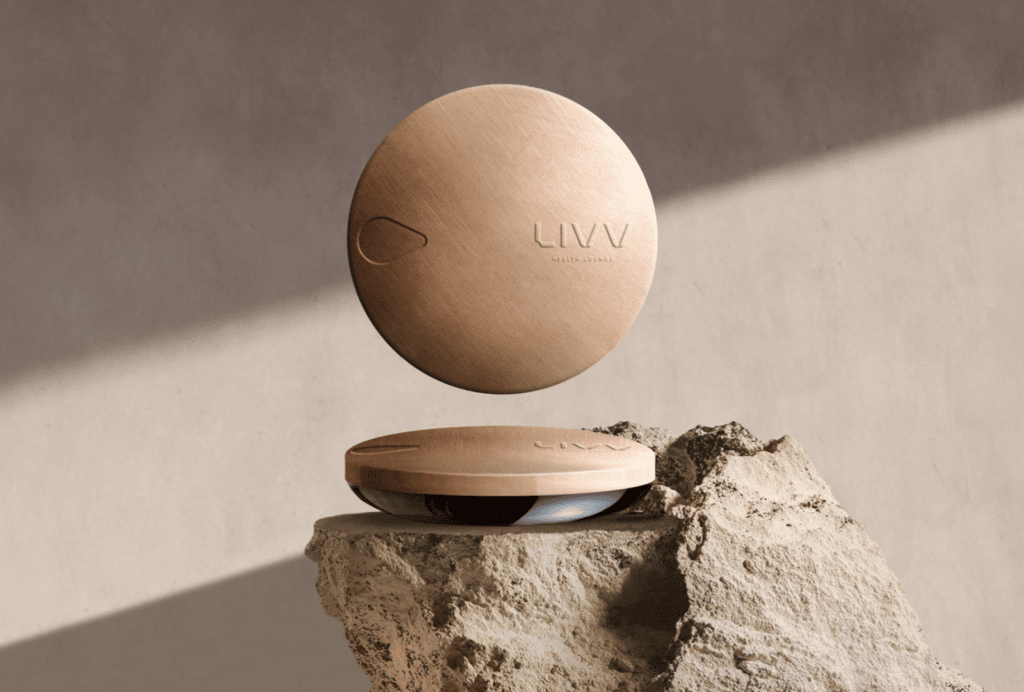Blog
Why am I so Anxious? Am I going crazy? Here are some ways to help.

Why am I so Anxious? Am I going crazy? Here are some ways to help.
In life, everyone, both children and adults, experiences some sort of anxiety from time to time. In fact, anxiety disorders affect about 40 million people in the US alone.
However, since it’s often a normal and healthy emotion, only about 37% of people receive treatment for anxiety.
But when one endures regular, disproportionate levels of anxiety, it might become a concern that needs medical attention.
This is because serious cases of anxiety might extremely alter the way you process emotions and behave, causing both psychological and physical symptoms.
Mild and moderate anxiety might be vague and unsettling, but severe cases may affect day-to-day living.
If left untreated, severe anxiety can lead to a host of other brain health issues, particularly depression.
Anxiety disorders form a class of mental health issues that lead to excessive worry, apprehension, fear, and nervousness. The terms anxiety attacks and panic attacks are often used interchangeably, but as discussed subsequently in this post, they are indeed not the same.
Key characteristics distinguish one from the other, but they share some common symptoms. In this article, our holistic doctors from Livvnatural.com will tell you everything you need to know about anxiety and brain health.
Possible Causes of Anxiety
When you find yourself constantly anxious, you aren’t crazy! Although the causes of anxiety disorders are complicated, there is often an underlying stressor or threat. Some possible causes of anxiety may include:
- Environmental stressors such as family issues, relationship problems, issues at school, or difficulties at work.
- Withdrawal from an illicit substance.
- Effects of brain chemistry that might result from misalignment of hormones and electrical signals in the brain.
- Medical factors such as symptoms of different diseases such as SIBO (Small Intestinal Bacterial Overgrowth), stress of prolonged recovery or intensive surgery, or effects of medication.
- Genetics, as persons who have family members with a history of anxiety, are more likely to experience one themselves.
Common Symptoms of Anxiety
When you experience some sort of threat or danger, your brain responds by releasing hormones such as cortisol and adrenaline. Even if the threat is not real, such hormones can cause both psychological and physical symptoms of anxiety.
These symptoms follow a period of excessive worry and may become more pronounced over minutes or hours.
Every person experiences such symptoms differently, which means that not everyone with anxiety will experience the same symptoms.
Psychological symptoms of anxiety can include:
- Worry and distress
- Loss of concentration
- Fear
- Irritability
- Dissociation
- Problems sleeping
- Heightened alertness
- Feeling of dread
- Difficulties concentrating
- Uncontrollable overthinking
- Racing thoughts
Physical symptoms of anxiety may include:
- Seating
- Dizziness and fainting
- Stomach aches and sickness
- Extreme tiredness
- Fast heartbeat
- Hair loss
- Shaking
- Dry mouth
- Blushing or hot flashes
- Heavy and fast breathing
Differentiating between anxiety and panic attacks
As mentioned previously, anxiety and panic attacks are often (and erroneously) used interchangeably, when in fact, they mean two separate mental conditions. But because symptoms are often so similar, it can become difficult for a non-professional to tell the difference.
One of the key differences between the two is that while anxiety disorders are often a response to a perceived threat or stressor, panic attacks normally occur without a trigger.
Symptoms of anxiety are usually noticeable after some minutes, hours, or days, while panic attacks appear suddenly.
Similarly, symptoms of panic attacks often subside after a short time, while anxiety can prevail for longer periods of time.
Panic attacks are also very disruptive and intense, involving a sense of detachment and unreality. On the other hand, symptoms of anxiety vary intensely from mild to severe.
When to see a doctor
Some believe that anxiety can be overcome with strong will power, but in some cases, this is not likely.
As mentioned prior, when anxiety symptoms become regular and disproportionate, they can lead to other forms of mental problems such as substance abuse and depression if left untreated.
Specialists describe an individual with an anxiety disorder as “having recurrent intrusive thoughts or concerns. Once your anxiety reaches this stage of a ‘disorder,’ it can considerably interfere with daily function, and you should seek help from a professional.
Treating Anxiety
Addressing anxiety often consists of psychotherapy, medication, naturopathy, and behavioural therapy.
Depression, alcohol dependence, and other conditions can sometimes have fundamental effects on a person’s mental wellness, and treating an anxiety disorder must wait until such underlying issues are addressed.
- Self-treatment
When the symptoms are mild, it is possible to treat anxiety at home without needing clinical supervision.
However, this may not be effective for severe or long-term cases. Self-management will often include several actions to help a person cope with mild anxiety.
Some of these actions may include, but are not limited to, stress management, practicing relaxation activities such as yoga and meditation, conducting regular exercises, and seeking a supportive network.
- Counseling
Psychological counseling is one of the most common ways of treating anxiety. This can include psychotherapy, cognitive-behavioral therapy, or a combination of both.
Through these techniques, a practitioner will aim to limit the distorted thinking and change the way the patient reacts to objects or situations that trigger anxiety. The idea is to help patients confront their fears and help reduce the sensitivity to their usual triggers of anxiety.
- Naturopathy
Treating anxiety the naturopathic way is the most modern and holistic approach available. This is basically an all-inclusive system that attempts to address all the root causes of the disorder to help the body heal itself.
It embraces many therapies, such as herbs, acupuncture, exercise, massage, and nutritional counseling, in treating anxiety.
The naturopathic doctor will often start by assessing all the aspects of a patient’s wellbeing.
As noted herein, anxiety often arises from a range of different factors, including neurological imbalance, hormonal dysfunction, digestive/microbiome dysfunction, and other endocrine issues.
Your naturopathic doctor will often run all necessary tests to identify the underlying issue and formulate a treatment plan based on the results.
This is a different and more effective approach compared to counseling, where anxiety is only approached one-dimensionally through psychological counseling.
Besides counseling, your naturopathic doctor can offer you NAD+ therapy designed to help improve your brain and GI health, an approach that has been proven to ease anxiety. A great deal of research supports the gut-brain connection and its impact on mental issues such as anxiety, fear, and stress.
- Medication
A person can manage anxiety with several types of medication that can help control some mental and physical symptoms.
These types of medications include antidepressants, beta-blockers, tricyclics, and benzodiazepine.


